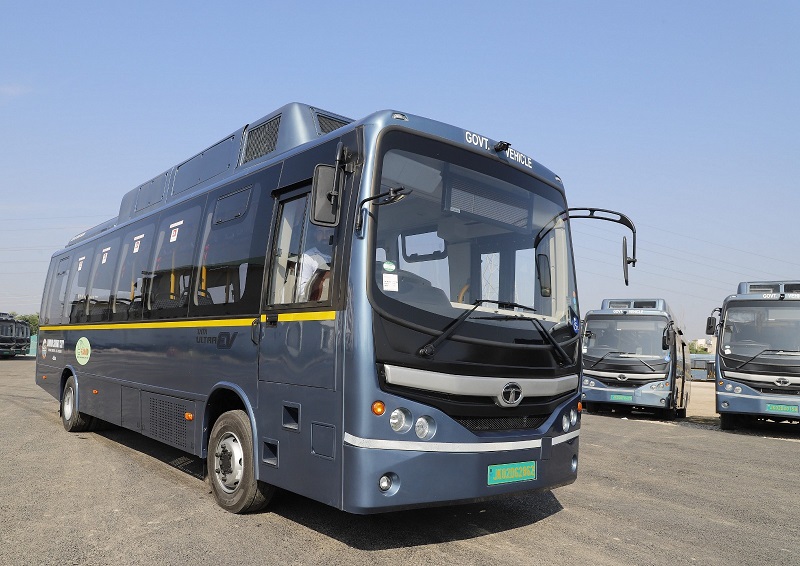In a significant move toward advancing India’s clean energy agenda, the Union Cabinet, led by Prime Minister Narendra Modi, has greenlit the PM-eBus Sewa-Payment Security Mechanism (PSM) scheme. With a budget allocation of Rs 3,435 crore, the initiative aims to deploy over 38,000 electric buses (e-buses) across the country by 2028, making it a crucial step towards achieving the goals of Atmanirbhar Bharat and a cleaner, greener India.
The scheme addresses a major hurdle in adopting eco-friendly public transportation by mitigating the high upfront costs of e-buses for Public Transport Authorities (PTAs). Through a Public-Private Partnership (PPP) model, Original Equipment Manufacturers (OEMs) and operators will bear the initial costs, while PTAs will make monthly payments for the bus services. To safeguard OEMs against payment defaults, a dedicated fund managed by CESL, the implementing agency, will step in to ensure timely compensation, encouraging more private sector participation in the e-mobility space.
This game-changing initiative is expected to drastically reduce carbon emissions, cut fossil fuel consumption, and drive sustainable urban transportation. In addition to providing environmental benefits, the scheme is poised to transform India’s public transport network by offering a cost-effective and reliable alternative to diesel and CNG buses.
By promoting the “Make in India” initiative and contributing to a cleaner environment, the PM-eBus Sewa scheme marks a pivotal milestone in India’s journey towards sustainable urban development and energy independence.








